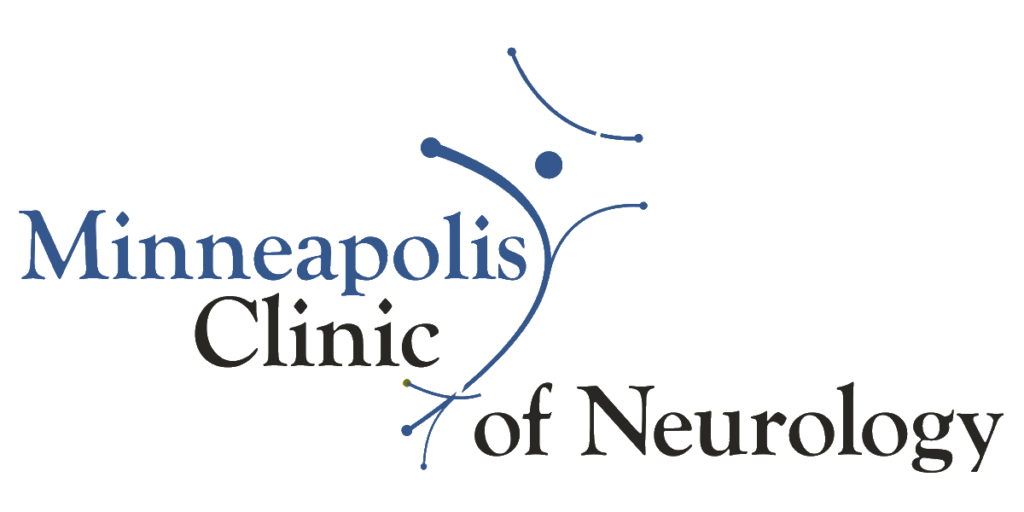Why Early Neurology Care Matters
Don’t Wait to Be Seen
It starts small, with maybe a few dizzy spells, moments of confusion, or tingling in your hands that you brush off as stress or fatigue.
But as Dr. Beth Ann Staab from the Minneapolis Clinic of Neurology’s Coon Rapids location explains, those small symptoms can be signs of something bigger.
In a recent episode of the Be Seen Sooner podcast, Dr. Staab shared why delaying neurological care can make symptoms worse—and how being seen sooner can prevent long-term complications.
“Your health is vital to your longevity and your wellbeing. Don’t delay,” said Dr. Staab. “Small signs can be symptoms of bigger things, and the earlier we catch them, the better we can help.”
From Engineering to Neurology
Solving the Brain’s Puzzles
Dr. Staab didn’t start her career in medicine. Her background in engineering taught her how to think critically and solve complex problems—skills that now serve her every day as a neurologist.
“A lot of what we do in neurology is a puzzle,” she shared. “We take symptoms, physical findings, and patient history to piece together what’s happening in the nervous system.”
That curiosity and problem-solving mindset shape how Dr. Staab approaches every patient. She focuses on listening carefully and connecting subtle patterns that others might overlook.

What Happens When You Delay Care
When neurological symptoms first appear, many people wait—sometimes because they think it’s minor, or they assume it will go away.
But that hesitation can have real consequences.
Dr. Staab explained that early warning signs of conditions like epilepsy or neuromuscular disorders can start with subtle symptoms—confusion, brief staring spells, numbness, or new headaches. Left unchecked, these can develop into more serious episodes such as seizures or lasting nerve damage.
“We sometimes see patients after months or years of symptoms,” Dr. Staab said. “By then, small issues may have progressed into something much more serious. Seeing a neurologist sooner can change the outcome.”
What to Expect at Your First Neurology Appointment
If you’ve been referred to a neurologist, here’s what your first appointment typically includes:
- A conversation about your symptoms—how they started, how long they’ve lasted, and how they’ve changed.
- A neurological exam to test reflexes, strength, and sensory responses.
- Review of any previous medical notes or imaging results.
- A plan for further testing or treatment based on your specific case.
Dr. Staab recommends writing down your symptoms and any changes before your visit.
“It helps us put the puzzle together,” she said. “Hearing your story in your own words is incredibly valuable.”
Key Moments from the Episode
- [00:00:40] Dr. Staab shares how an engineering degree shaped her approach to neurology
- [00:02:52] Why delays in seizure diagnosis can lead to more serious outcomes
- [00:04:15] Tips for preparing for your first neurology appointment
- [00:05:30] What symptoms should never be ignored
- [00:07:32] How the MCN care team supports nervous or first-time patients
Meet the Specialists You Can See Sooner
The Minneapolis Clinic of Neurology has expanded its provider team—so you don’t have to wait months for specialized neurological care.
Dr. Jessica Piché, MD – Multiple Sclerosis Specialist, Edina
Meet Dr. Piché →
Focuses on comprehensive MS care and long-term neurological health.
Dr. Beth Ann Staab, MD – Epilepsy & Neuromuscular Disorders, Coon Rapids
Meet Dr. Staab →
Combines diagnostic precision with a patient-first approach to care.
Dr. Shelly Larson-Peters, MD – Multiple Sclerosis & Headache, Coon Rapids
Meet Dr. Larson-Peters →
Provides expert care for MS, headaches, and clinical neurophysiology.
Dr. Gerald Dove, MD – Epilepsy, Clinical Neurophysiology & General Neurology, Golden Valley
Meet Dr. Dove →
Specializes in seizure management and general neurological disorders.
When you need care, our team is ready to help—without the long wait.
Be Seen Sooner
Don’t ignore new or worsening symptoms like headaches, dizziness, confusion, or weakness. These could be early signs of a neurological condition that needs prompt attention.
If your provider recommends a specialist, ask them to refer you to the Minneapolis Clinic of Neurology—where you can be seen sooner and get expert answers fast.
🎧 Listen to Dr. Staab’s full episode of the Be Seen Sooner podcast to hear more about early diagnosis and compassionate neurological care.
Listen Now →



